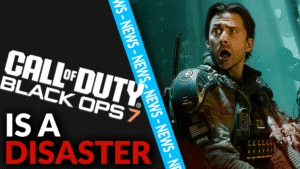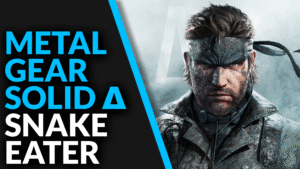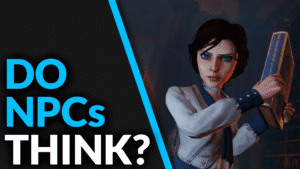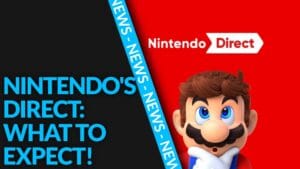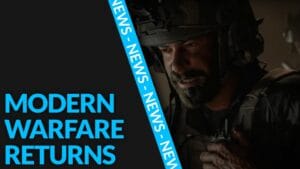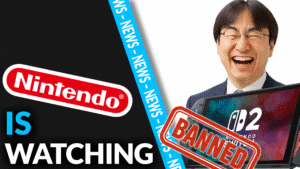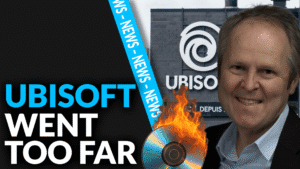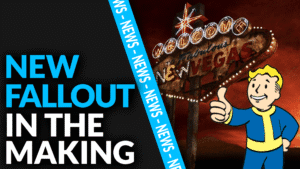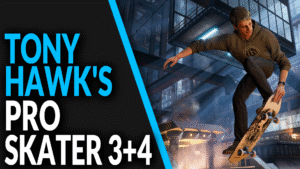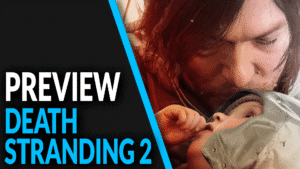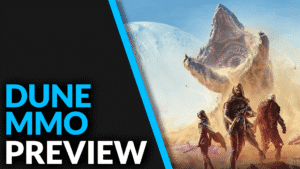Star Wars Outlaws flopped. But what happened?
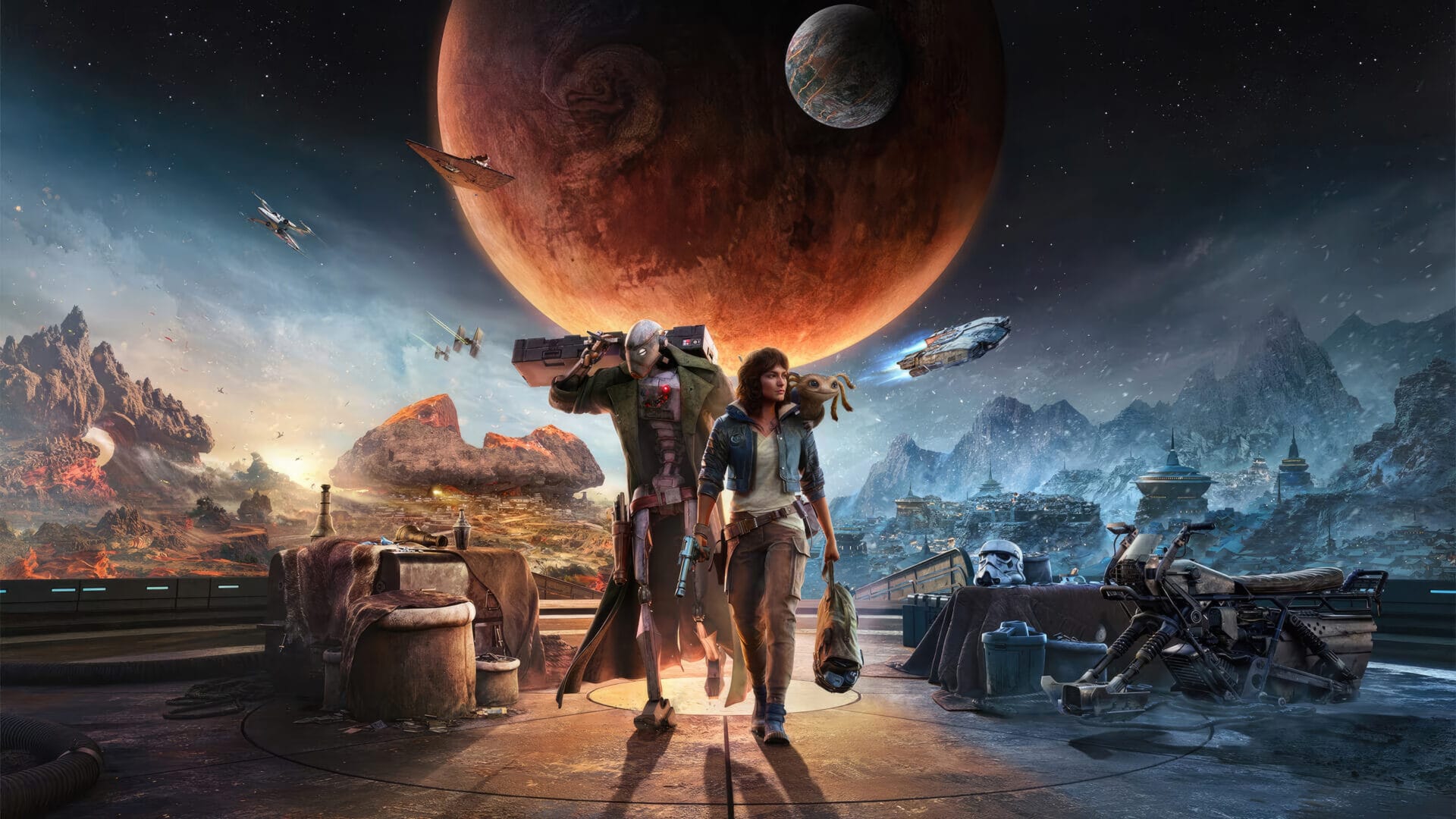
When Ubisoft announced Star Wars Outlaws, the hype was galactic. It was the first open-world Star Wars game, developed by Massive Entertainment, backed by Disney, and promising to explore the morally gray space between the Empire and Rebellion. You play as Kay Vess, a rogue scoundrel trying to survive in the underworld during the Empire’s golden age, set neatly between The Empire Strikes Back and Return of the Jedi. The concept? A Star Wars game that didn’t force you into the Jedi-Sith dichotomy. No lightsabers, no Skywalkers – just grit, blasters, and a whole lotta crime.
Sounds like a win, right? But what should’ve been Ubisoft’s biggest flex of the decade turned into a massive financial belly-flop. Outlaws launched in August 2024 and immediately underwhelmed – not just critically, but where it hurts the most: sales. Industry analysts estimated it only moved about a million units in its first month, far below projections. And that’s not good when you’ve sunk more money into the development than Assassin’s Creed Mirage. One source even claimed it had a 30% higher budget. Ubisoft executives had been banking on a huge return, especially with the marketing push they threw behind it. We’re talking trailers at major gaming expos, cinematic teasers, cross-platform rollout, and even a Collector’s Edition with real-world merch.
But the cracks were showing even before the game hit shelves. Early access reviews and press previews pointed to some design concerns. The game featured mandatory stealth sections that auto-failed if you got spotted – something that felt straight out of 2005, not a 2024 open-world title. The freedom Ubisoft promised was somewhat undermined by rigid mechanics and linear mission design. Sure, you could explore various planets, but the illusion of choice shattered quickly once you realized how scripted much of the gameplay actually was.
Then came the platform problem. Ubisoft decided Star Wars Outlaws wouldn’t be available on Steam at launch. It was exclusive to Ubisoft Connect and the Epic Games Store on PC. This decision, made in the name of maximizing their own storefront revenue, backfired spectacularly. Many PC players straight-up skipped the game because of the platform lockout. When Outlaws finally landed on Steam several months later in November, it had missed the hype train. Peak concurrent player numbers on Steam were embarrassingly low, barely scratching 3,000. For context, even decade-old titles like Skyrim or Fallout 4 routinely pull in 20,000 players on a random weekday.
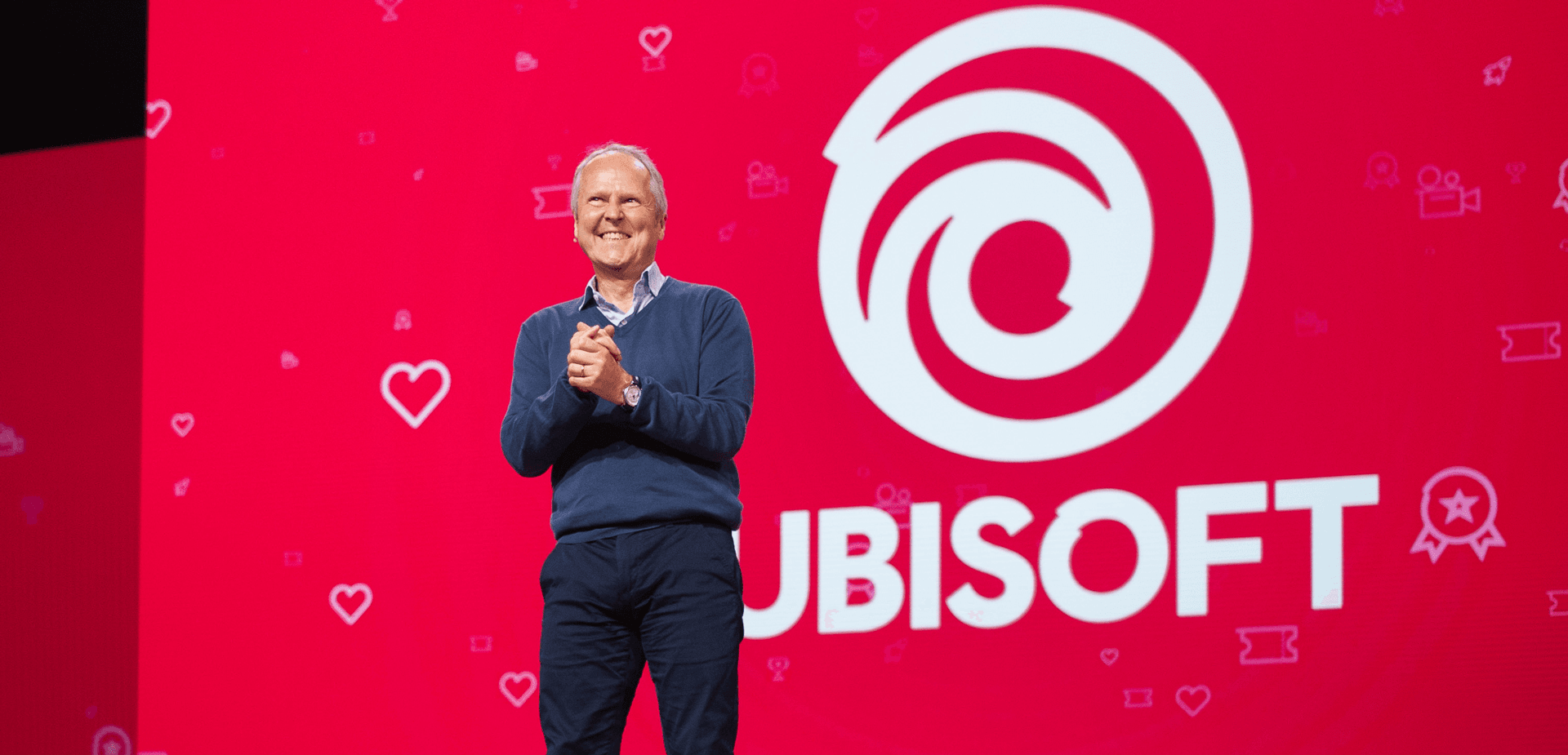
Ubisoft’s CEO, Yves Guillemot, didn’t exactly help the situation either. When investors grilled him on why the game was underperforming, he blamed it on – wait for it – “waning interest in the Star Wars brand.” According to him, Outlaws launched at a time when Star Wars was struggling to connect with fans. And to be fair, he had a point. Shows like The Acolyte had polarized the fanbase, and many hardcore Star Wars fans felt the franchise was being pulled in too many directions without clear creative vision. But let’s be real here: people still show up for Star Wars when the content is good. The Mandalorian, Andor, even Jedi: Survivor proved that the appetite is there when the execution lands. Ubisoft shifting the blame to the IP instead of addressing its own missteps just didn’t sit right with fans.
Critically, Star Wars Outlaws pulled a Metascore of 75, which sounds decent – until you check the user score. Sitting at a harsh 5.5 on PS5 and even lower at 5.1 on PC, players were not impressed. While some critics praised the visuals and atmosphere, users pointed to frequent bugs, crashes, and lackluster optimization – especially on PC. The graphics were just okay, nothing groundbreaking for a 2024 AAA release. And once you got past the surface, the gameplay loop fell apart. Repetitive side quests, a shallow bounty system, and moral choices that didn’t really matter made it feel like Ubisoft’s usual open-world formula slapped onto a Star Wars skin. It had the budget, sure – but not the soul.
Meanwhile, user reviews told a different story. Metacritic’s user score dipped dangerously close to 50%, with complaints about technical issues, poor optimization on PC, and that dreaded stealth system that got patched only after launch. Ubisoft tried to pivot, releasing updates that gave players more flexibility in how they approached missions – stealth or guns blazing – but by then, it was too late. The first impression had already curdled.
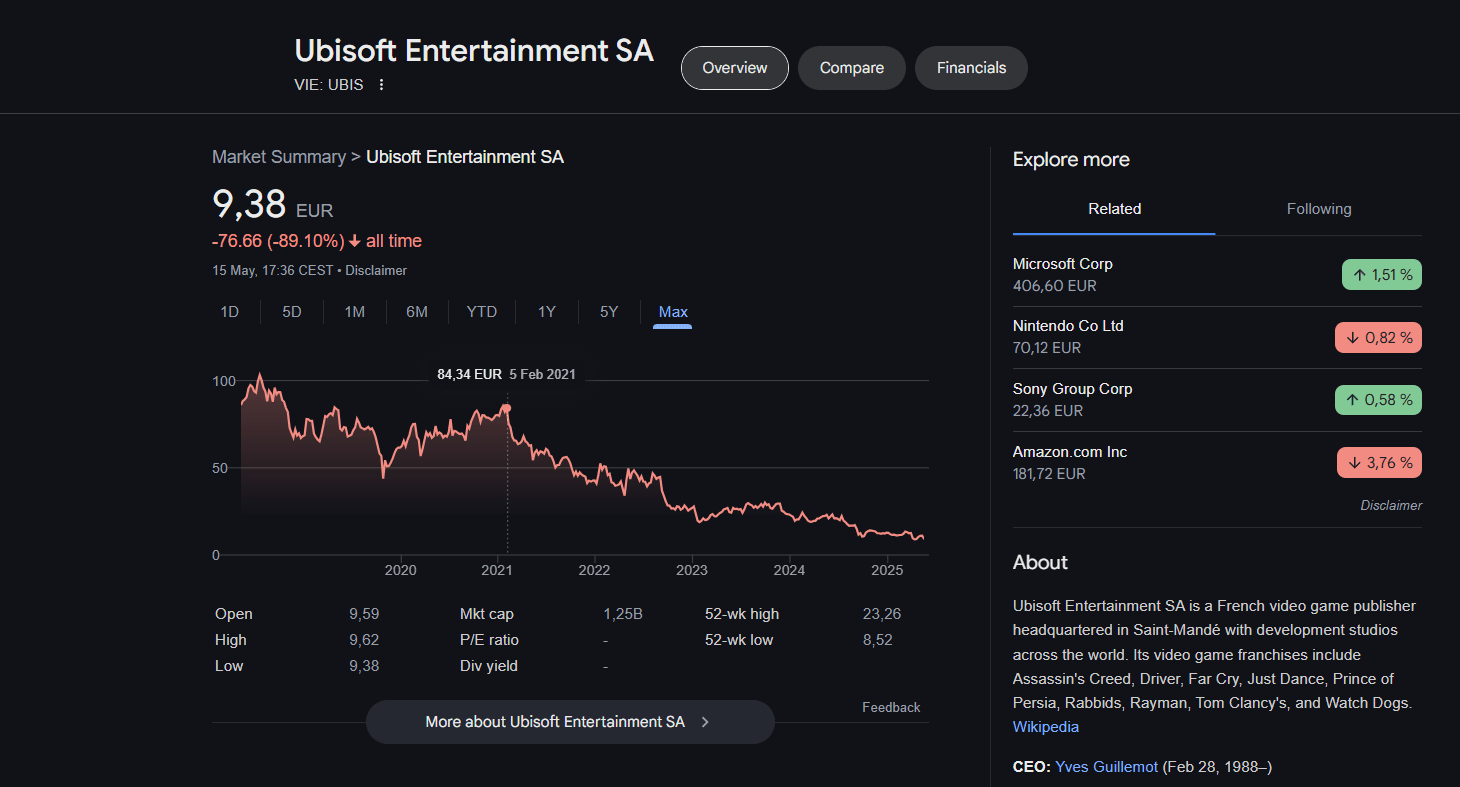
The fallout was swift. Ubisoft’s financial report for the second half of 2024 was a bloodbath. Not only did Star Wars Outlaws underperform, but it triggered a chain reaction. Investors pulled back. Ubisoft’s stock hit a decade-low. Development timelines on other major IPs, including Assassin’s Creed Shadows, got pushed back as the company scrambled to reevaluate its release strategies. They started revising their entire launch philosophy – bringing games to Steam day one, ditching season passes, and prioritizing polish over aggressive deadlines.
Internally, there was turmoil. Several team leads were shuffled or reassigned. Ubisoft Montreal reportedly paused production on an unannounced Star Wars spin-off after seeing how poorly Outlaws was received. The idea of building a new Star Wars gaming universe was quietly shelved.
And here’s the thing: the failure of Outlaws isn’t just a Ubisoft problem – it’s a case study in how not to handle a beloved franchise. Ubisoft bet big on the Star Wars name but failed to deliver an experience that felt fresh, vital, or necessary. The game wasn’t offensive, it wasn’t broken – it was just… fine. And in today’s oversaturated market, “fine” doesn’t cut it. You either swing for the fences or risk fading into the void.
So what do we take away from all this? Star Wars Outlaws failed not because the brand was weak, but because the game lacked direction, innovation, and that special sauce that makes a Star Wars story unforgettable. It wasn’t the Jedi, the Force, or even the setting that doomed it – it was a studio trying to play it safe in a moment that demanded boldness.
And for Ubisoft? The Force may not be with them for a while.

